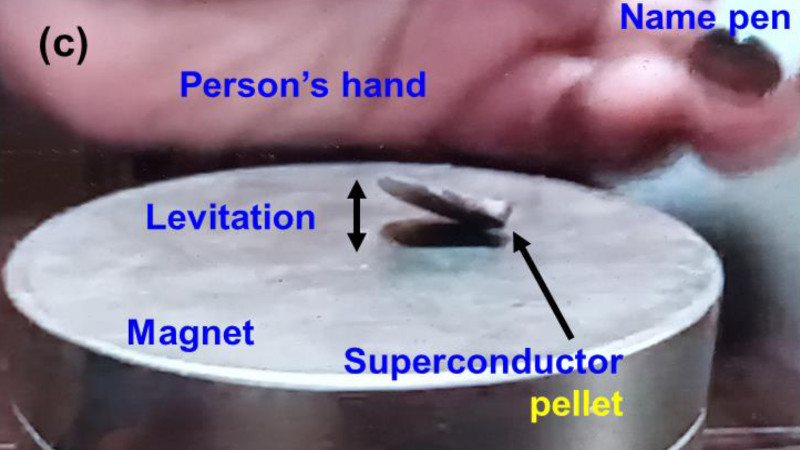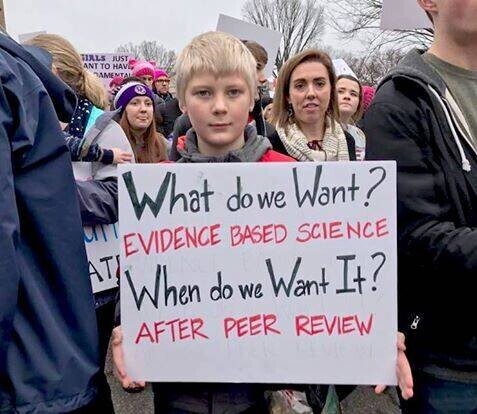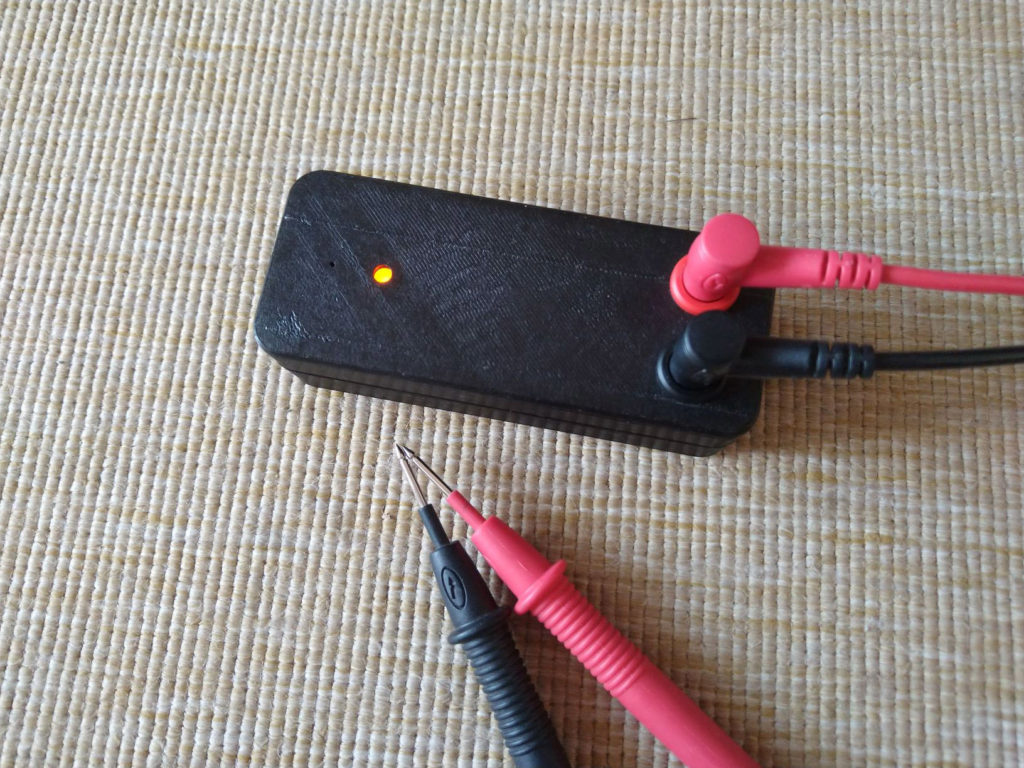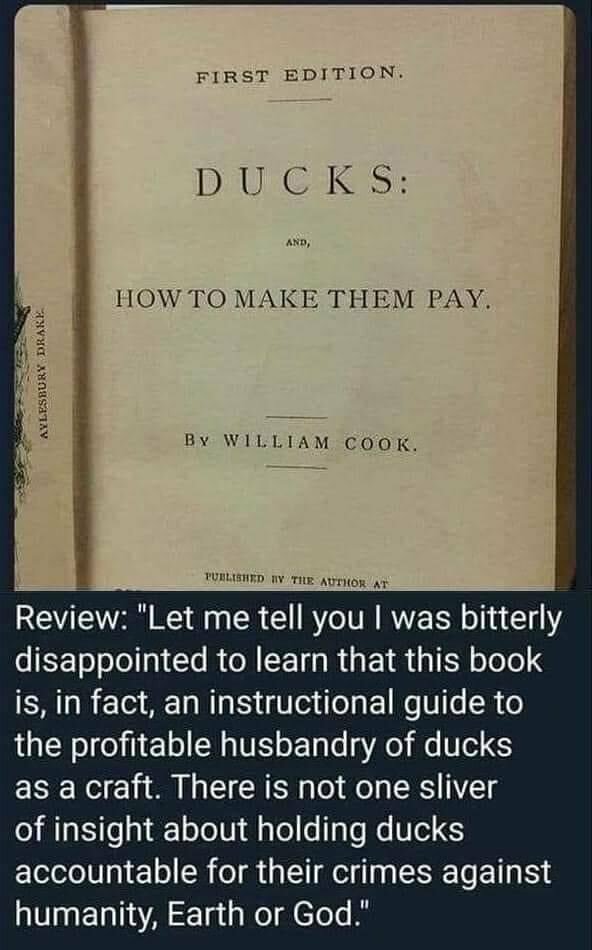Fake studies have flooded the publishers of top scientific journals, leading to thousands of retractions and millions of dollars in lost revenue. The biggest hit has come to Wiley, a 217-year-old publisher based in Hoboken, N.J., which Tuesday will announce that it is closing 19 journals, some of which were infected by large-scale research fraud.In the past two years, Wiley has retracted more than 11,300 papers that appeared compromised, according to a spokesperson, and closed four journals. It isn’t alone: At least two other publishers have retracted hundreds of suspect papers each. Several others have pulled smaller clusters of bad papers.
During peer review, the reviewers assess the methodology, results, and conclusions of the research to determine if they are sound and supported by the data. They may also identify any weaknesses or limitations in the study and suggest changes or improvements that could strengthen the paper.
This is all fine as a first step filter before publication in the respective research fields so other colleagues can know what is being studied. However, until a study has been replicated, it shouldn't be given any attention by the wider public/media.
#PeerReview #Research
So much for “peer review” — Wiley shuts down 19 science journals and retracts 11,000 gobbledygook papers « JoNova






